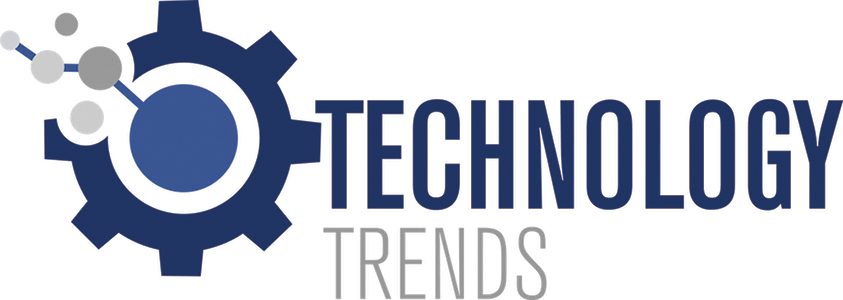Alyn Brown, technology consultant for the Outdoor Power Equipment Industry and Rural Lifestyle Dealer’s technology columnist, says 2020 will be a time for dealers to get ready as electrification, autonomous mowers and connected machines become entrenched in the market.
“This is the transition year where manufacturers are going to be sorting out the details on this technology. And, dealers should be figuring out how they are going to generate revenue and adjust their businesses to stay relevant and profitable,” Brown says.
Here are the top 3 technology trends, according to Brown, and how dealers can carve out their niche.
1. Commercial Electric Mowers
Dealers will need to strongly consider adding a commercial electric line and a crucial part of that is being prepared to repair the machines. Brown says dealers have been slow to take on electric mowers because of diagnostic equipment requirements and added complexity of the machines.
“They have good reasons because none of these battery-powered machines have been easy to work on and that has to fall on the OEMs to change,” he says. And, dealers need to demand that manufacturers offer the level of training they need to adapt quickly.
“Wrench turning is going to be replaced by computer diagnostics,” he says. Brown encourages dealers to reach out to tech schools and even economic development groups who have a vested interest in helping developing the local workforce.
2. Autonomous Mowers
Most of the residential autonomous mowers available today operate based on underground boundary wires, providing an opportunity for dealers to offer this service. “They’re becoming easier to install, they work better and the prices are coming down,” says Brown.
The installation services are just one way that dealers can generate revenue. Service plans should also be bundled in, where dealers pick up the machines for cleaning, blade sharpening, etc. and then deliver it back to the customer.
“Have a couple of these autonomous mowers running around in front of your business. People love seeing them and you’ll get people to stop,” he says.
Vision-based, GPS-guided technology, being demonstrated now for larger commercial machines, will make its way to the residential market over the next couple of years, eliminating the need for boundary wires — and increasing safety. Dealers who have established a niche will have a head start in the market.
“I think we will see an increase in customers that are interested in this type of technology for their yards. They’ll want to know if it's right for them and how it works. I see this technology improving exponentially over the next few years,” says Brown.
3. Connected Machines
Consumers are already used to their vehicles alerting them to mechanical issues or when it’s time for service, so connected technology (Internet of Things or IoT) should be readily embraced by consumers, says Brown. “It plays into getting this overall user experience right for the high-level consumer, entry-level commercial type machine. The customer has invested a substantial amount of money, and they will have certain expectations about how that machine performs and how that machine is maintained,” Brown says.
Dealers can integrate their services into this scenario, sending a text or email message to the customer, offering to do the scheduled maintenance. The message could even include an option for scheduling the service appointment. Or, they could suggest blades, filters, etc., that they could have ready for pick up. To make this seamless for the customer, dealers will have to improve the “hand off” between service and sales as the customer will move between the two departments.
Bonus: A Zero-Turn Mower Without a Lap Bar
Differentiation is a challenge in the zero-turn mower market, where almost every machine looks and operates the same way. And for newcomers, the standard lap bar design is unfamiliar and a barrier to purchase.
Brown says that the new models of mowers with electronic drive systems open up new design opportunities, such as electronically-controls joysticks, skid-steer type levers — or perhaps someday even autopilot or autonomous. These machines can also offer functionality common on cars, such as traction control, straight-line driving, speed sensitive capabilities or back-up sensors.
“The electronic drives for electric zero turns are building blocks to what we're going to be able to do in the future,” says Brown.
Related content:






